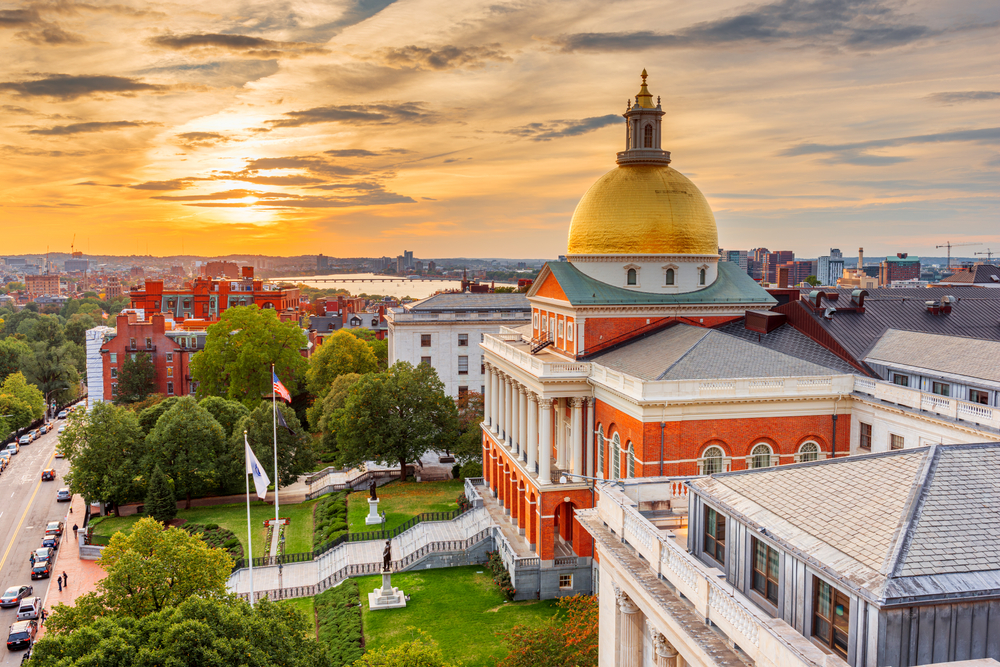
Two recently proposed bills aim to boost distributed energy in Massachusetts through goal setting, new solar incentives, virtual power plant programs and easier permitting and interconnection.
An Act Maximizing and Optimizing Small-scale Assets in Communities sets a goal for distributed energy resources (DERs) to serve 20% of the state’s electric load by December 31, 2035.
Sponsored by state Sen. James Eldridge and state Rep. Jack Patrick Lewis, the bill (SD.2553/HD.4155) calls for the state to reach the goal with solar, energy storage systems, and other clean energy technologies that can be interconnected to the electric distribution grid.
The legislation also requires the Department of Public Utilities to consider financial performance-based incentives and penalties for utilities to speed up DER interconnection.
In addition, utilities would be required to create virtual power plant programs to coordinate the operation of customer-sited distributed energy resources for peak load reduction and other grid services.
To ensure it can reach the 20% DER goal, the state would develop a plan that establishes interim targets for distributed energy resource deployment, identifies barriers and recommends policy solutions. The state would track and report on progress annually. The lawmakers want to see equitable allotment of distributed energy in Massachusetts communities.
The second bill by the same sponsors, An Act Facilitating Distributed Energy Resources in the Commonwealth (SD.2488)/HD.4154), creates a tax credit for solar, requires large new parking facilities to install solar canopies, revises utility interconnection processes, and mandates that towns and cities use electronic submission platforms for solar permit applications.
The legislation won praise from Vote Solar, a solar advocacy organization.
“By enacting common-sense and visionary changes to the way we deploy DERs, we can help guide Massachusetts toward the future it deserves. State-level action is more important than ever in light of President Trump’s plans to derail our Commonwealth and nation’s paths to net zero,” said Elena Weissmann, Vote Solar’s northeast regional director.
Eldridge described his legislation as “a vital step to decrease carbon emissions, meet our climate goals, and save consumers money.“
Martha’s Vineyard and Boston, Mass., were recently identified in a Western University study as areas vulnerable to grid defection due to high electricity prices.
